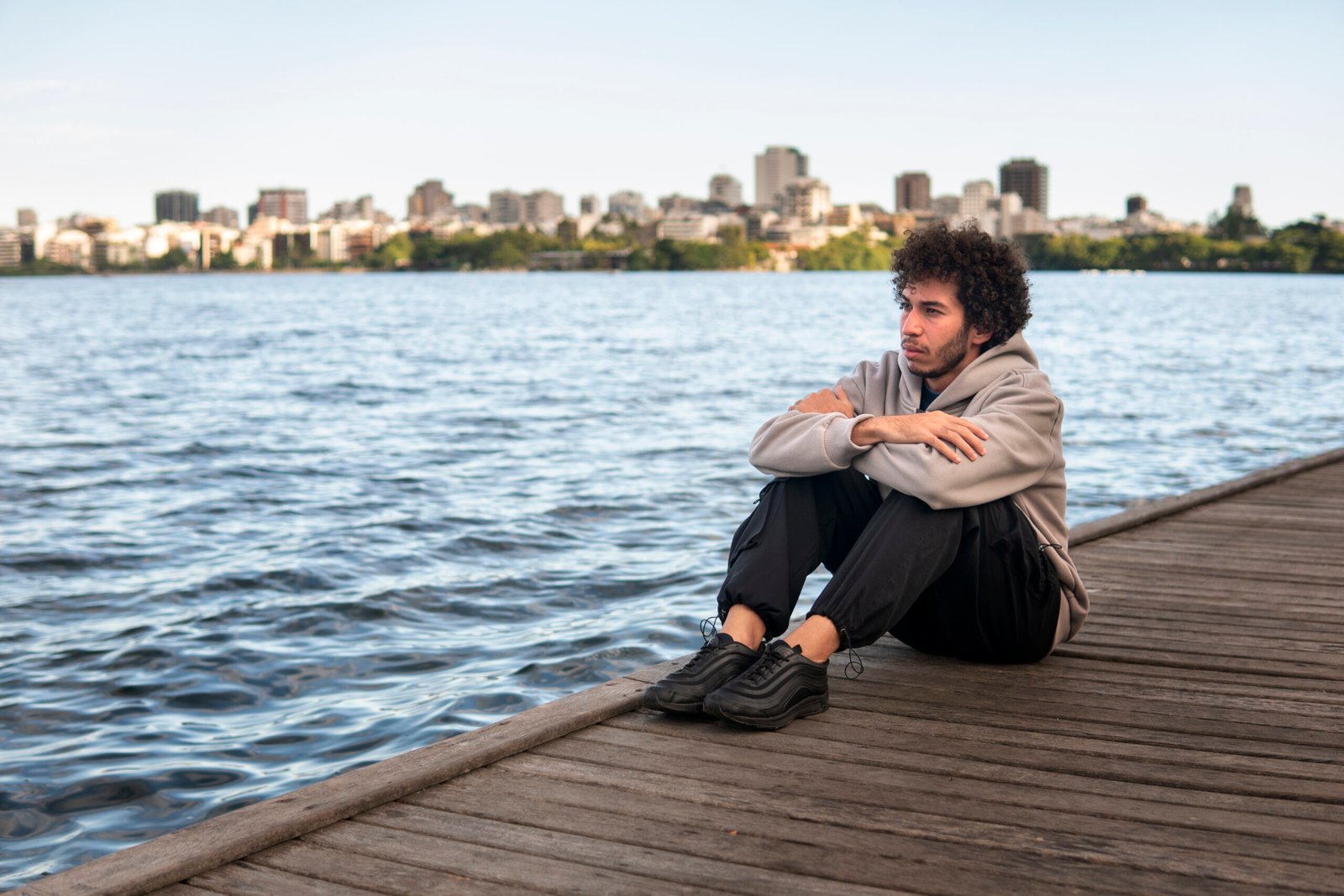
Have you ever been in a room full of people but felt utterly alone? That’s me, right now. Surrounded by a crowd, loud music playing in the background, yet here I sit, alone, wondering when I can leave. My mind drifts away, floating above like a cloud, offering a scenic view to anyone who might care to notice. But here’s the thing: I don’t mind. I’ve learned to enjoy my own company more than the company of others, especially when they’re just here for the surface-level interactions that don’t touch my soul.
If you’ve ever felt out of place at a party, I get it. You’re not the only one who feels like an outsider in a room full of “normal” people. We’re the ones who sit in the corner, silently sipping on orange juice, pretending like we have somewhere urgent to be. But deep down, we’re just waiting for a friend, for an excuse to leave, for anything that feels more meaningful than small talk.
I remember being invited to a friend’s house for the first time. It was a month before this party, and it felt like an accomplishment to even have a friend to visit. Social anxiety had always made it difficult to connect with people, and the thought of meeting his entire family made me feel like I was going to throw up right there on their front balcony. Despite the nerves, I managed to introduce myself with just a simple “Hi, how are you? I’ve heard so much about you,” followed by a smile. To anyone else, it was probably the bare minimum. But to me, it was a victory.
That night, I left feeling like I’d conquered the world. I had spoken to real people, in real time, and survived. I thought, “Maybe I’ve finally beaten my social anxiety! Maybe I can speak in front of thousands now!” Spoiler alert: I hadn’t. The next few encounters with that same family were awkward and silent. After the initial introductions, I’d sit there, staring at a cup in front of me, wishing I could just disappear. Every time I tried to speak, it felt like an invisible force was strangling the words before they left my mouth. The struggle to be vocal in front of others is real, and it’s exhausting.
Despite my fear, I’ve always made an effort to make others feel comfortable. Sometimes, that effort backfires and makes things even more awkward, but occasionally, it works. Some people feel safe around me, even if I’m a bit weird and quiet. I think it’s because I’m an empathetic listener, someone who genuinely cares about others. Social anxiety may make me feel like an outsider, but it also gives me the ability to observe and connect with people on a deeper level.
Of course, most people who are socially comfortable don’t see it that way. They think I’m reserved, self-contained, maybe even unfriendly. They don’t understand the sheer amount of energy it takes to be around people, the constant self-awareness that makes me hyper-focused on every little thing about myself, my bitten fingernails, ripped jeans, loose t-shirts, and awkward laugh. It’s like I’m under a microscope, and the more I think about it, the worse it gets.
There’s a misconception that people with social anxiety are loners or too shy to contribute to conversations. That’s not true. We’re not avoiding people because we don’t have anything to say. In fact, our minds are racing with thoughts, thoughts so complex and vast that if anyone dove deep into them, they’d get lost and never find their way out. We’re the ones who, in our heads, are discussing the universe, politics, science, and the afterlife all at once. We’re the ones who long for deep, meaningful conversations, the kind that spark our souls and keep our hearts racing.
Once, I attended a party, a stunning event full of glamour and glitz, but the real highlight was a conversation I had with a stranger about evolution and history. While everyone else was caught up in small talk and social pleasantries, I found myself captivated by a single conversation that made the whole night worthwhile. That’s the thing about social anxiety; it doesn’t mean we’re afraid to talk. It just means we’re waiting for the right moment, the right topic, and the right connection. And when that happens, we light up.
The truth is, broad and immeasurable topics have always enticed me. When something truly sparks my mind, I hoard the thoughts like treasures, building an empire of ideas in my head. It’s not that I’m afraid to talk; it’s that nobody ever seems to start a conversation that matters to me. But that’s okay. Social anxiety may keep me in the corner at parties, but it also makes me a better observer and listener, which, in the end, makes me a better friend.
People with social anxiety often struggle with the judgment of others. But those judgments are unfair. They haven’t walked in our shoes. They haven’t felt the overwhelming need to be perfect in every interaction or the crushing weight of being hyper-aware of every little detail about ourselves. Yet, despite all that, we still care deeply about others, more than they might realize. And many times, people have thanked me for how much I’ve cared and how much I’ve done for them, even though they couldn’t see the inner battles I was fighting.
As I sit here at this party, still waiting for my friend, I realize something important: if it weren’t for people like me, the world might be a little less empathetic. We’re the ones who show up for our friends, even when it nearly kills us with anxiety. We’re the ones who care too much, even when nobody’s watching. And yes, we might sit in the corner and avoid the crowd, but we’re the ones who make the effort to leave with permission, rather than just disappearing into the night.



Leave a Reply